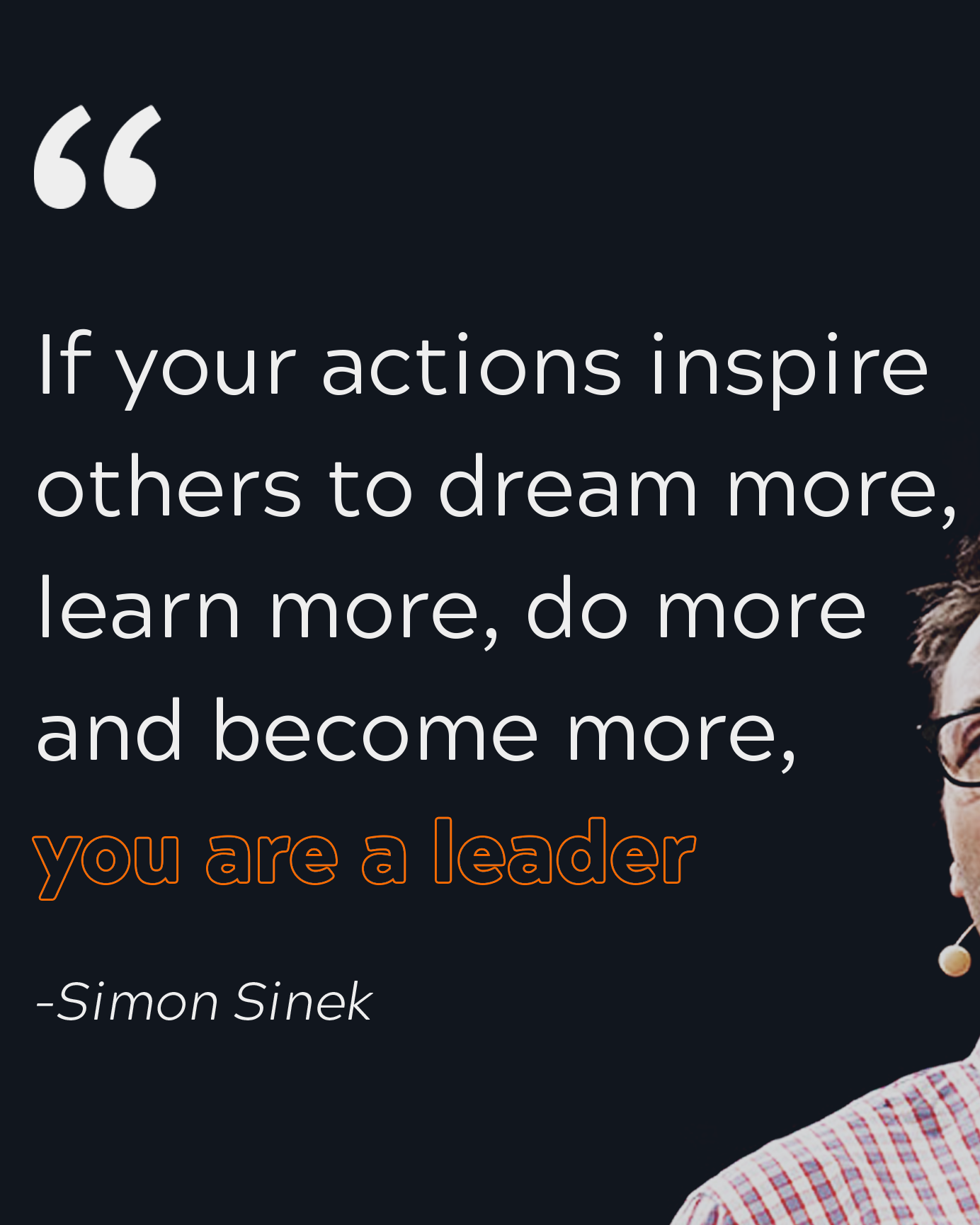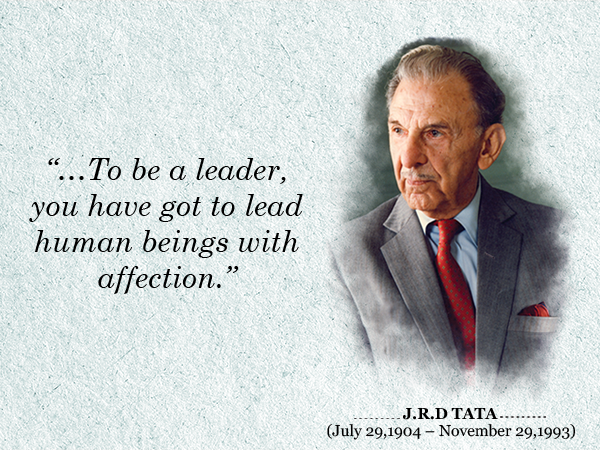

Mahatma Gandhi, Nelson Mandela, Sheryl Sandberg, Steve Jobs, Malala Yousafi, JRD Tata are some examples of leaders who have led themselves with their courage, empowering beliefs, fortitude, innovation, discipline, single-mindedness focus and the world followed them!
It was not an easy path for any of them. There were trials and tribulations that each of them faced. They survived imprisonment, setbacks, illness, life threats etc to keep moving forward purposefully to achieve their vision.
Rick Senegal who wrote Mandela's autobiography has an interesting story to narrate about Mandela. In 1994, during the presidential election campaign, Mandela got on a tiny propeller plane to fly down to the killing fields of Natal and give a speech to his Zulu supporters. Rick agreed to meet him at the airport, where they would continue their work after his speech. When the plane was 20 minutes from landing, one of its engines failed. Some on the plane began to panic. The only thing that calmed them was looking at Mandela, who quietly read his newspaper as if he were a commuter on his morning train to the office. The airport prepared for an emergency landing, and the pilot managed to land the plane safely. When Mandela and Rick got in the backseat of his bulletproof BMW that would take them to the rally, he turned to Rick and said, "Man, I was terrified up there"!
Mandela was emotionally intelligent. He knew his emotional energy would impact not just him, but also the people around him. So at least outwardly he managed to stay calm. A Leaders energy has a profound impact on their team and this forms the core of positive executive presence.
Sheryl Sandburg COO of Facebook and Founder of Lean In, a platform for empowering women spoke about the unexpected death of her husband and how it left her devastated. However, her resilience helped her move forward in life to continue her work with renewed passion.
Bigger in who they were 'Being' as leaders than their 'Doing' meant that over time their influence increased expansively.

The true test of a Leader is when people see how they lead themselves in different circumstances - during a crisis, setbacks, daily challenges and even success eg are they humble? Do they take the full credit for their success or do they attribute it to the collective power of the team?
These are the times when Leaders are using their inner reservoirs of positive thinking and mindset, empowering beliefs, emotional balance and innate characters strengths to lead themselves, thus influencing their external world: their people and their results. Leading from within is when 'Self Leadership' comes to life.
It was JRD Tata's beliefs about who he was, what inspiring Leadership looked like to him and what he wanted for the country that made him one of India's most successful and visionary Leaders.

Education and organisations empower us with knowledge however we are seldom taught the skill sets to prepare internally for life. The result is that we may miss out on building key tools that we need most at the crucial moments in our life.
When you build and strengthen your inner reservoir, you feel empowered to achieve what you want.
Thinking:
You have a steady stream of thoughts throughout the day. The quality of these thoughts determines your responses to the world. For eg If your thoughts are consistently self-critical, you can become reactive and critical of others. On the other hand, if your inner narrative is appreciative of yourself and your achievements then you appreciate others as well creating a positive impact.
Perspective/Mindset: Your perspective is the lens through which you see the world for eg how do you perceive failure? If your lens is cracked from the past pain of failure, you may view it fearfully, but if you wear a lens that perceives important lessons in failure, you will accept it and move on. Perspectives collectively contribute to our overall mindset.
Emotional Intelligence: Your emotions are another powerful inner resource and how you manage them determines your balance and impact on others. Can you manage your feelings in your challenging times?
Beliefs: Your beliefs have been formed over a period of time based on your experiences. Revisiting these beliefs periodically to understand how much truth they hold about the 'real you is an empowering exercise. Moving beyond limiting beliefs about ourselves and others helps us progress with confidence.
Strengths: When Leaders focus on their own strengths consistently, they begin focussing on other people's strengths naturally. What is then created is a culture of acknowledgement, recognition and positive focus that helps an organisation to meet challenges with confidence.
Finally, self-leadership means taking the time to strengthen, refresh and nourish your inner being to empower yourself and others to create outstanding results.
 10 Powerful End-of-the-Year Reflecti ...
Socrates said, “The unexamined life is not worth living.” For leaders, the unexamined year becomes a missed opportunity for intentional growth. ...
Read More
10 Powerful End-of-the-Year Reflecti ...
Socrates said, “The unexamined life is not worth living.” For leaders, the unexamined year becomes a missed opportunity for intentional growth. ...
Read More
 How Emotional Intelligence Builds Ex ...
Leadership is not about being in charge. It's about taking care of those in your charge. -Simon Sinek In today's complex, fast-paced business world, te ...
Read More
How Emotional Intelligence Builds Ex ...
Leadership is not about being in charge. It's about taking care of those in your charge. -Simon Sinek In today's complex, fast-paced business world, te ...
Read More
 5 Ways to Communicate Effectively in ...
Let's face it - Conflict is an inevitable part of life, whether in personal relationships, the workplace, or social settings. Conflict arises when your ideas, needs and beliefs differ from ...
Read More
5 Ways to Communicate Effectively in ...
Let's face it - Conflict is an inevitable part of life, whether in personal relationships, the workplace, or social settings. Conflict arises when your ideas, needs and beliefs differ from ...
Read More